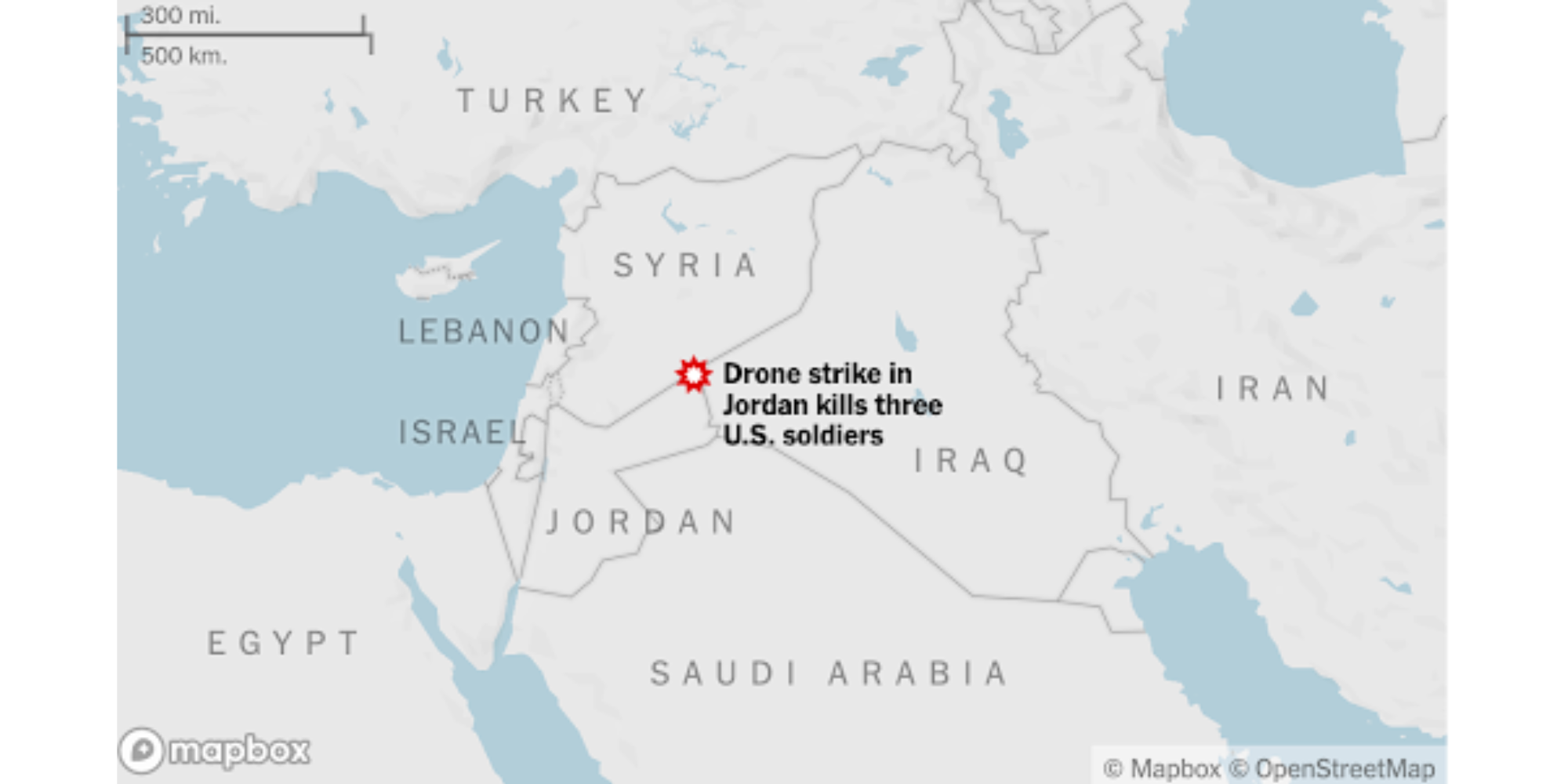From the outside, the corporate intelligence field appears shrouded in mystery. To the average person, the private sector intelligence world is filled with agents in disguise dawning trench coats as they spy on people. This couldn’t be farther from the truth. Many also perceive you need to serve in a federal agency or the military to work in private sector intelligence. Surprisingly, other professions lend skills which relate directly to corporate intelligence jobs, particularly journalism.
I was one of those people who thought it was impossible to break into corporate intelligence from the journalism field. I spent much of my journalism career focused on analyzing, writing, and investigating and I was not sure how to translate these skills into private security. It wasn’t until a chance meeting with a friend working in corporate intelligence that my interest was piqued. Journalists, especially those working on daily reporting or investigations, complete many similar tasks to intelligence analysts and the two fields are more connected than I initially thought.
What attracted me most is how intelligence analysts monitor for threats, conduct research, assess and analyze situations, sift through large amounts of information, make judgment calls, and effectively communicate their findings. And while journalists are often stuck hoping their story generates a “buzz,” intelligence analysts must report facts to help their clients understand a situation and make quick decisions.
- Monitoring: Just like journalists, intelligence analysts must watch for crises and possible threats. Both positions require you to be a “news junkie,” constantly monitoring various online sources for occurrences, conflicts, and trends worthy of reporting to your audience.
- Verifying: Journalists and intelligence analysts must make judgment calls on a variety of information. They need to ask themselves questions such as: “Is this old news?” “Is this disinformation?” “What’s the source?” “So what?” In both jobs I still find myself asking these questions on a daily basis.
- Researching: When crises or conflicts arise, intelligence analysts and journalists must quickly become subject matter experts overnight. As a journalist, I learned to report on anything from hostage situations to garbage collection contracts. Intelligence analysts also navigate different threat landscapes, crises, and new regulations which impact their clients. And not only must you do your research, you must also do it well. Being meticulous is key in the intel world. Missing a key point or overlooking an event that later becomes a threat can threaten your credibility and bring harm to your client.
- Communicating ideas: At the end of the day, weighing and analyzing large amounts of information is useless if it is not communicated effectively and in an unbiased manner. Both professions heavily rely on communicating ideas in a clear and concise way so as not to confuse readers. Intelligence analysts and journalists must also keep their audience in mind. A news channel is much like a client because it has its own target audience.
Nonetheless, when considering a career in private sector intelligence from journalism there are some key differences.
- In the intelligence field, one cannot simply recount stories openly because in many cases the intelligence world remains anonymous.
- What you publish is not disseminated publicly.
Ultimately for those working in the news industry and looking for a similar career that can be more in-depth, corporate intelligence can be an amazing career change.
If you’re interested in a career in intelligence, threat management, cyber, or physical security, please visit Concentric’s website for corporate and embedded opportunities. You can also read our blog post on what hiring managers are looking for in threat management and corporate intelligence analyst positions.
Author: Paul Gadalla, Intelligence Associate, Global Intelligence






